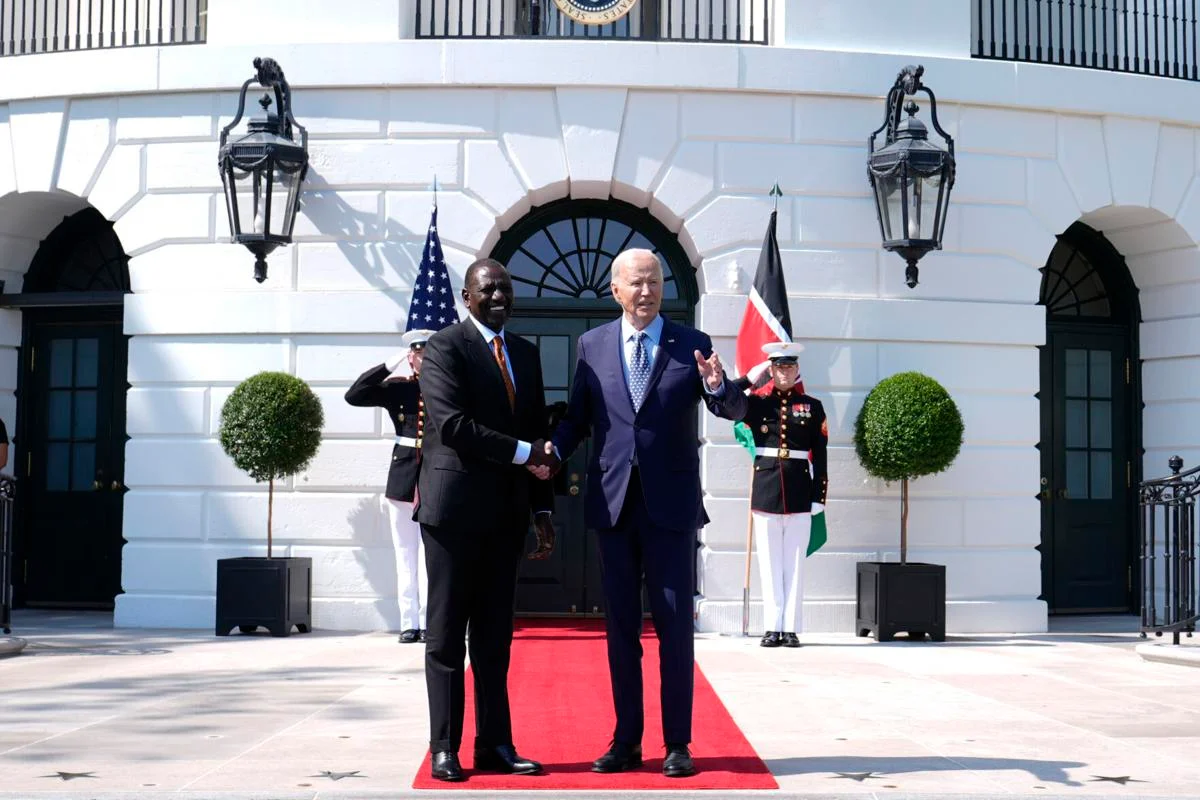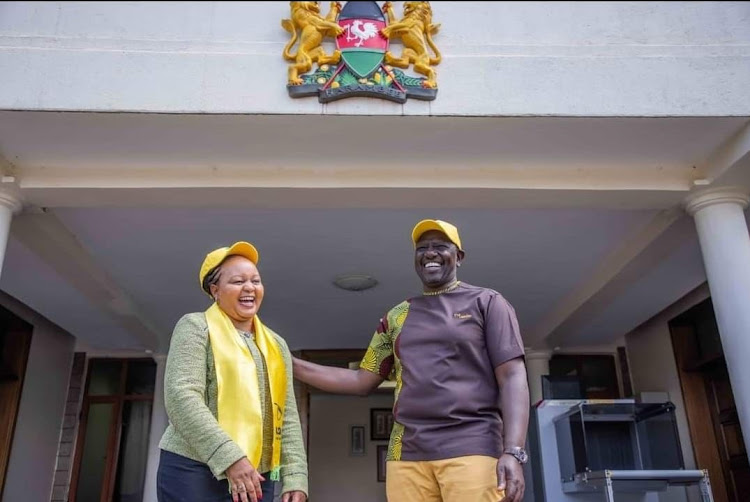President William Ruto is facing mounting scrutiny from the international community after Western diplomats condemned Kenya’s recent crackdown on youth-led protests and subsequent reports of abductions and enforced disappearances. The June and July demonstrations, led largely by Generation Z, erupted following the passing of Kenya’s Finance Bill 2024, which introduced controversial tax hikes. Allegations of police overreach, including arbitrary arrests, use of live bullets, and disappearances, have since attracted criticism from both local and international human rights groups.
In a joint statement issued last week, European envoys from Finland, Denmark, Germany, Ireland, the Netherlands, Norway, Sweden, Switzerland, and the United Kingdom expressed grave concerns. “We note our concern over ongoing reports of arbitrary arrests and enforced disappearances despite High Court rulings. It is crucial to ensure the rule of law prevails and that judicial rulings are respected,” they stated.
Their remarks come at a sensitive time for Kenya, which has recently secured a seat on the United Nations Human Rights Council (UNHRC). The diplomats highlighted that as a newly elected member, Kenya must demonstrate a strong commitment to protecting human rights worldwide. “Swift and transparent investigations will enable Kenya to demonstrate to the world its commitment to upholding rights as it takes up its seat at the United Nations Human Rights Council,” they added.
Human Rights Violations Tarnishing Ruto’s Progressive Image
President Ruto has been actively working to position himself as one of Africa’s most progressive leaders, earning diplomatic leverage in both Europe and the United States. Since his election in 2022, he has embarked on high-profile visits to Belgium, the Netherlands, Switzerland, the United Kingdom, Italy, France, Germany, and the United States to strengthen diplomatic relations and push for climate financing and international finance reforms to aid developing nations. His recent visit to the U.S. included discussions with President Joe Biden, who underscored the importance of youth empowerment and democratic values during a joint press conference.
However, Ruto’s progressive image now risks being overshadowed by the allegations of human rights violations. Local groups, including Amnesty International Kenya and the Kenya Human Rights Commission (KHRC), have voiced strong concerns. Amnesty International condemned the abductions, stating they violate non-refoulement principles enshrined in Kenyan law, while the KHRC reported investigating 60 cases of extrajudicial killings and 71 cases of enforced disappearances since the protests began on June 25.
Pressure Mounts for Accountability and Transparency
Amid these tensions, U.S. Ambassador Meg Whitman notably refrained from signing the joint statement by the European envoys, though she had previously expressed concerns over reported government surveillance tactics. She cautioned that security agencies allegedly profiling protest participants and journalists infringe on the privacy rights of citizens. Whitman emphasized the need for respecting privacy, free speech, and democratic accountability.
“The rights of privacy and rule of law around rights of a private citizen need to be respected in a democracy,” she noted, adding that the U.S. had been “working behind the scenes to encourage free speech and accountability of police as well as a reduction of disappearances.”
Despite the criticism, Ruto continues to forge ahead on the international stage. His administration recently secured Kenya’s classification as a major non-NATO ally, a status that offers strategic defence and security benefits and came on the heels of Kenya’s commitment to lead a peacekeeping operation against gang violence in Haiti.
A Call for Reforms Amid International Scrutiny
With Kenya’s seat at the UNHRC and growing global attention, Western envoys are pressing Kenya to uphold democratic values and human rights, particularly as it continues to assert itself as a regional leader. Ruto’s government faces a pivotal moment: either to bolster its commitment to justice, rule of law, and accountability, or risk tarnishing Kenya’s standing in the eyes of the international community.
For Ruto, this juncture represents a critical test of his administration’s commitment to democracy, especially as the world watches his response to these serious allegations.




